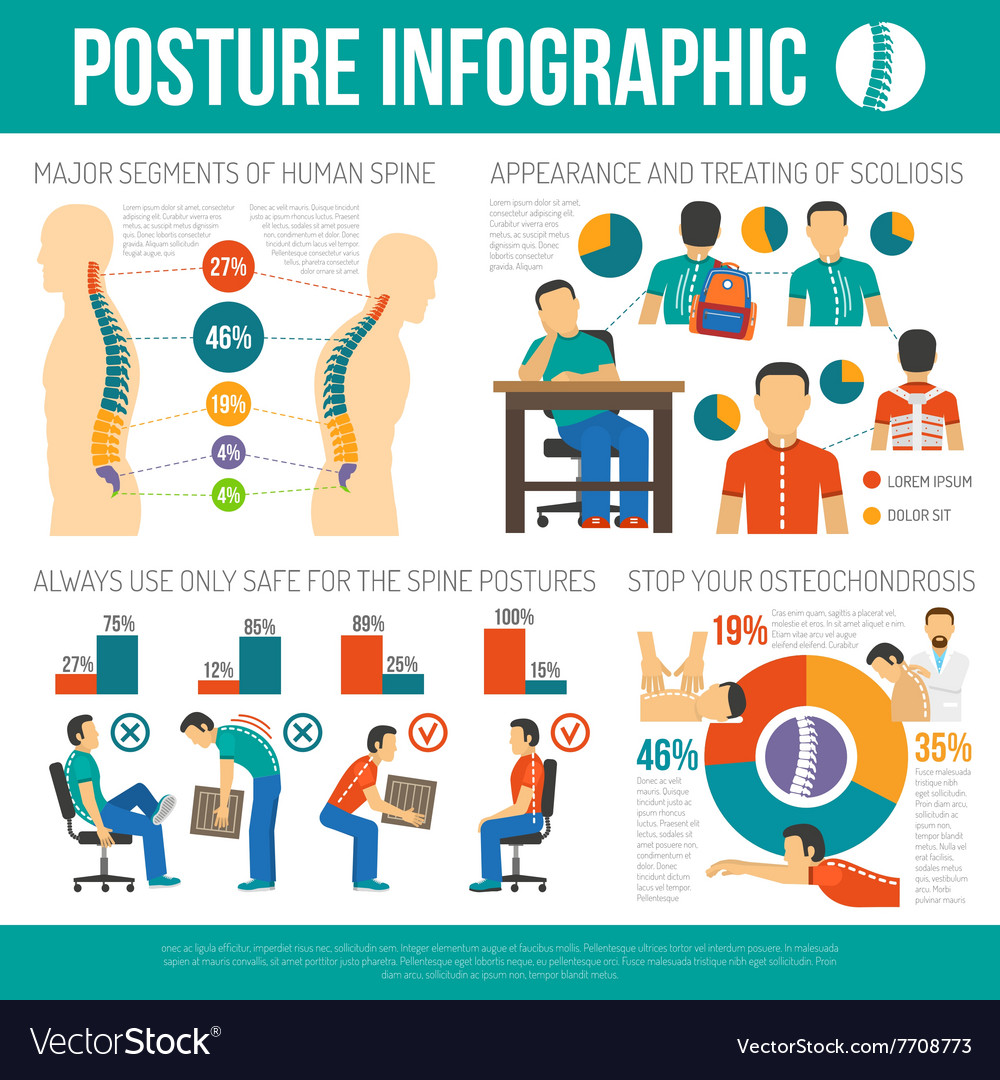The Role Of Nutrition In Pain In The Back Monitoring: Foods To Eat And Stay Clear Of
The Role Of Nutrition In Pain In The Back Monitoring: Foods To Eat And Stay Clear Of
Blog Article
Personnel Writer-Livingston Wiese
When it involves handling your pain in the back, the food options you make can substantially influence just how you feel every day. Visualize having the ability to alleviate your pain merely by adjusting what you consume. By understanding the duty of nutrition in pain in the back monitoring and knowing which foods to integrate or stay away from, you can take aggressive steps in the direction of a much healthier and a lot more comfy way of life. The connection in between nutrition and back wellness is extra profound than you may understand-- allow's check out just how particular foods can either relieve or aggravate your neck and back pain.
Significance of Nourishment in Back Pain
Nourishment plays a vital role in managing back pain. Your diet can substantially impact inflammation levels and total discomfort degrees in your back. Taking in manhattan neck pain balanced diet abundant in nutrients like vitamins D and K, calcium, magnesium, and omega-3 fats can help in reducing swelling and enhance bones, which are vital for back health and wellness.
Furthermore, preserving a healthy and balanced weight through correct nourishment can reduce anxiety on your back, reducing the risk of back pain.
In addition, certain nutrients like antioxidants discovered in fruits and vegetables can help battle oxidative anxiety and promote healing in the body, consisting of the back muscles and spinal column.
On the other hand, consuming extreme amounts of processed foods, sweet drinks, and undesirable fats can contribute to inflammation and weight gain, aggravating pain in the back.
Foods to Eat for Back Health
To sustain a healthy and balanced back, including nutrient-rich foods right into your daily dishes is key. Including foods high in antioxidants like berries, spinach, and kale can help reduce inflammation in your back, alleviating discomfort and pain. Omega-3 fatty acids found in fatty fish such as salmon and mackerel have anti-inflammatory buildings that can profit your back health and wellness.
Furthermore, eating nuts and seeds like almonds, walnuts, and chia seeds gives crucial nutrients like magnesium and vitamin E, which sustain muscle feature and lower oxidative stress. Including lean healthy proteins such as chicken, turkey, and tofu can help in muscle mass repair service and maintenance, promoting a strong back.
Do not neglect to consist of milk or fortified plant-based choices for calcium to support bone health and wellness. Last but not least, moisten with plenty of water to maintain your spine discs hydrated and functioning optimally. By consisting of these nutrient-dense foods in your diet regimen, you can nourish your back and support overall back wellness.
Foods to Avoid for Back Pain
Choose avoiding processed foods high in added sugars and trans fats when looking for remedy for pain in the back. These sorts of foods can add to inflammation in the body, which might intensify back pain. Say no to you can try this out like candy, breads, and sugary beverages, as well as junk food items like burgers, french fries, and fried poultry that are commonly packed with trans fats.
In addition, avoid foods including high levels of refined carbs, such as white bread, pasta, and breads, as they can surge blood glucose levels and potentially worsen inflammation in the body.
It's likewise wise to restrict your consumption of foods high in hydrogenated fats, like red meat and full-fat milk items, as they can add to inflammation. Refined foods like deli meats, chips, and packaged snacks are commonly high in saturated fats and should be consumed in moderation.
Verdict
In conclusion, taking note of your diet regimen and making smart food choices can have a considerable influence on managing neck and back pain. By including nutrient-rich foods like berries, fatty fish, nuts, and lean proteins, and preventing processed and sweet products, you can help reduce swelling and support overall back health. Bear in mind, what you consume plays a vital role in exactly how you feel, so ensure to prioritize your nourishment for a much healthier back.
